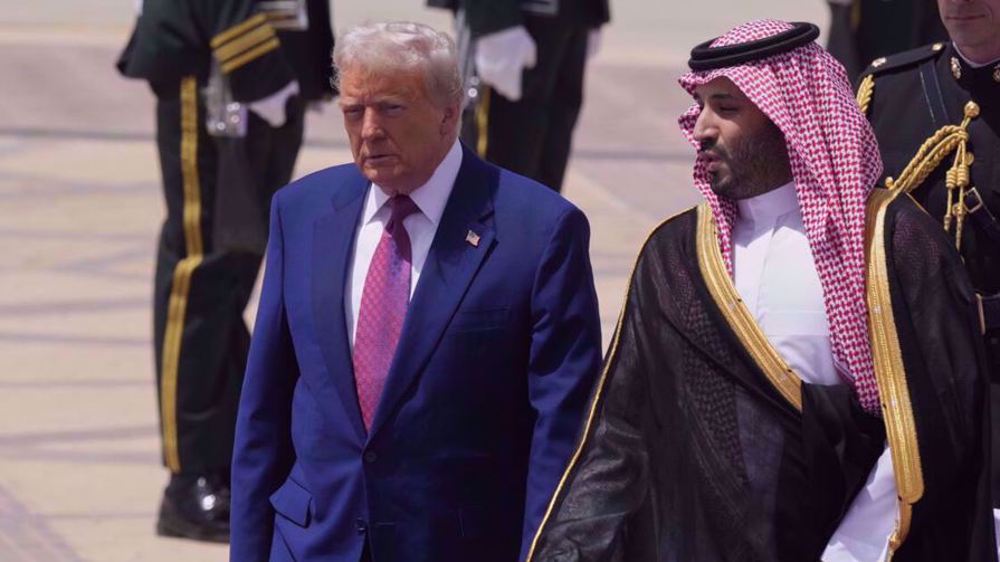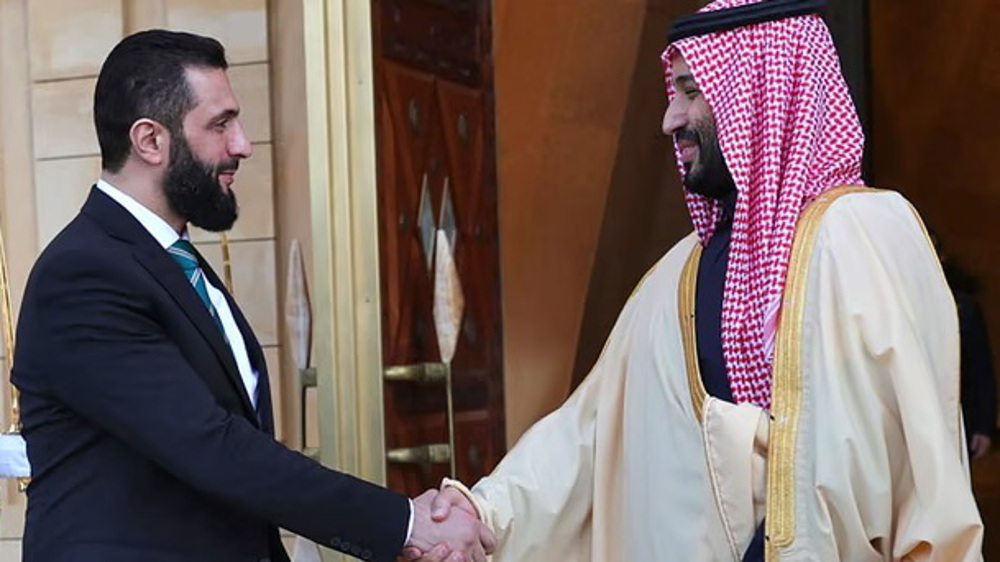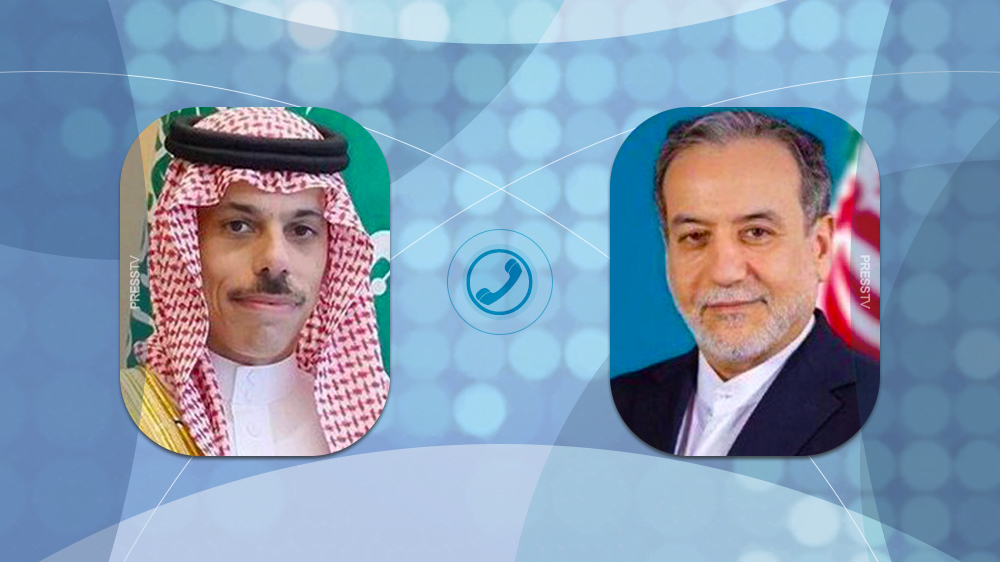Malaysian govt. shuts down Saudi-backed anti-terrorism center
Malaysia's new government has ordered the immediate closure of a Saudi-backed anti-terrorism center, less than 13 months after it was launched in Kuala Lumpur.
Defense Minister Mohamad Sabu told lawmakers that the King Salman Center for International Peace (KSCIP) would cease operations immediately and its functions would be absorbed by the Malaysian Institute of Defense and Security, Qatar's Al Jazeera news channel reported on Tuesday. The minister, however, did not give a reason for the closure.
During a visit to Malaysia last year, Saudi King Salman bin Abdulaziz Al Saud inaugurated the center, which had a temporary office in Kuala Lumpur and was awaiting the construction of a permanent building in Malaysia's administrative capital Putrajaya.
Hishammuddin Hussein, Malaysia's former defense minister, had said the center was crucial to curb the spread of "violent extremism" by armed groups, including the Daesh Takfiri terrorist group.
It is widely believed that the Saudi regime has been the main supporter of violent extremist groups such as Daesh in recent years.
Sabu also told the parliament he planned to pull Malaysian troops out of Saudi Arabia.
In June, the Malaysian minister announced a review of Malaysia's military presence in Saudi Arabia, saying it "indirectly entraps Malaysia in Middle East conflicts."
In 2015, Malaysia's former Prime Minister Najib Razak sent an unknown number of troops to Saudi Arabia to facilitate the evacuation of Malaysian nationals in Yemen.
According to Sabu, Malaysian soldiers were never involved in any strike on Yemen, where a military coalition led by the regime in Riyadh has been engaged in a deadly campaign since March 2015.
Concerns have grown in recent years that under Najib, Saudi Arabia expanded its foothold in Malaysia. The kingdom managed to build schools and mosques across the region and was offering scholarships to Malaysians who wanted to study in Saudi Arabia.
Analysts say the export of Wahhabism by Saudi Arabia and some other Arab monarchies of the Persian Gulf region has played a key role in fomenting extremism and militancy across various parts of the world.
Iran FM: Success of nuclear talks hinges on ‘seriousness’ of US
Pro-military Israeli journalist detained on suspicion of raping child: Reports
Anthropic resists US War Department push for unrestricted AI access
Iran naval unit returns from drill, cmdr. vows to defend borders to ‘last breath’
VIDEO | Press TV's news headlines
Paris silencing pro-Palestine voices
Iran raises alarm at ‘environmental consequences’ of US militarism
Iran: UN Security Council inaction on Israeli crimes ‘catastrophic’










 This makes it easy to access the Press TV website
This makes it easy to access the Press TV website